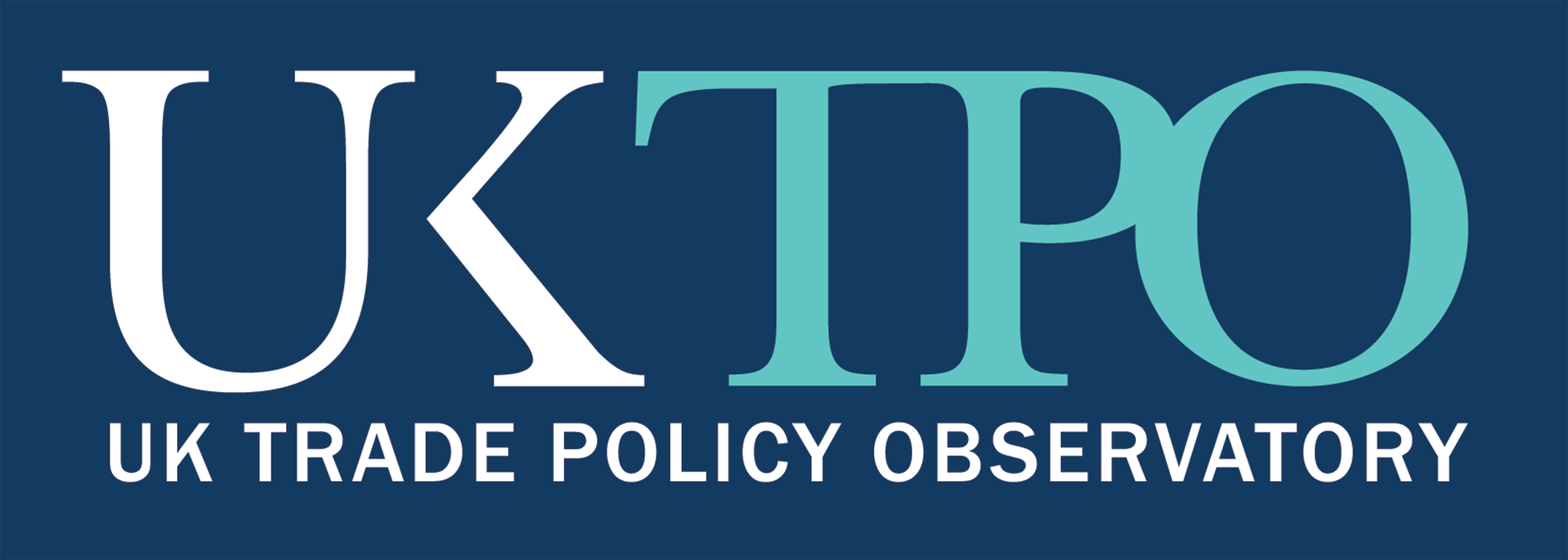Brace for impact: Tougher rules ahead for third country food exports to the EU
On 19 February 2025, the European Commission unveiled its long-term strategy for farming and the agri-food sector with the publication of Vision for Agriculture and Food: Shaping Together an Attractive Farming and Agri-Food Sector for Future Generations. The document outlines the priorities and approaches that will shape EU policy initiatives to enhance the sector’s competitiveness and attractiveness—both now and through 2040. Framing its strategy within the context of recent widespread farmer protests and key policy recommendations for the future direction of the EU that came out from the Draghi report on EU competitiveness, Letta’s report on the Future of the EU Single Market, Niinistö’s report on Europe’s civil and military preparedness and readiness, as well as the Strategic Dialogue on the Future of EU Agriculture, the Commission underscores the urgent need for structural reforms. Quoting Draghi’s assertion that in a world of geopolitical and geoeconomic tensions, “dependencies are becoming vulnerabilities,” the Vision positions food security and food sovereignty as core elements of the EU’s broader strategy for security, competitiveness, and sustainability. The Vision also reinforces the EU’s long-standing position that trade should not come at the expense of food safety, environmental protection, or animal welfare. It does so while acknowledging [...]


